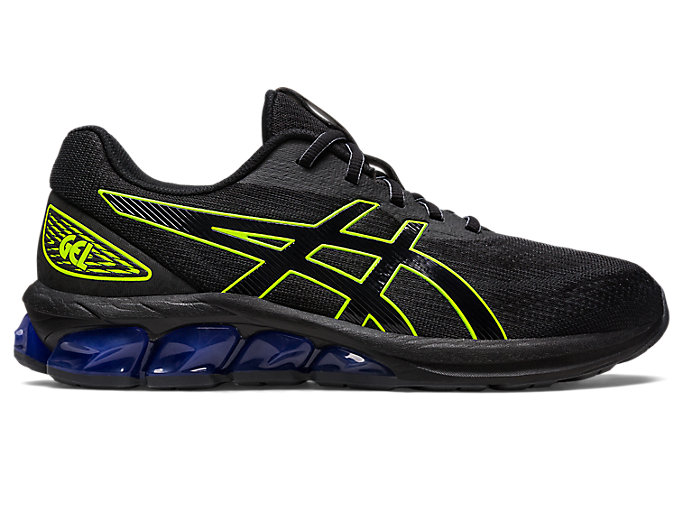GEL-QUANTUM 180 VII
The GEL-QUANTUM 180 VII sneaker combines a futuristic shape with advanced cushioning technologies studied at the ASICS Institute of Sport Science. This colorway also features reflective details that complement the shoe's utilitarian design philosophy.
Its upper is reworked with a jacquard mesh upper that's engineered for better ventilation and comfort. The design's sleek aesthetic also features smooth lines and fewer layers to create a more adaptable fit. This shoe's GEL technology is structured to improve shock absorption underfoot. Its scutoid shape allows you to move more naturally during everyday scenarios (like on-foot commuting or exploring new environments).
- Jacquard mesh upperScutoid GEL technology
- Features a 3D geometry that creates better shock absorptionFLYTEFOAM cushioning
- Provides lightweight impact absorptionAt least 50% of the shoe’s main upper material is made with recycled materials to reduce waste and carbon emissions
- The sockliner is produced with the solution dyeing process that reduces water usage by approximately 33% and carbon emissions by approximately 45% compared to the conventional dyeing technology












